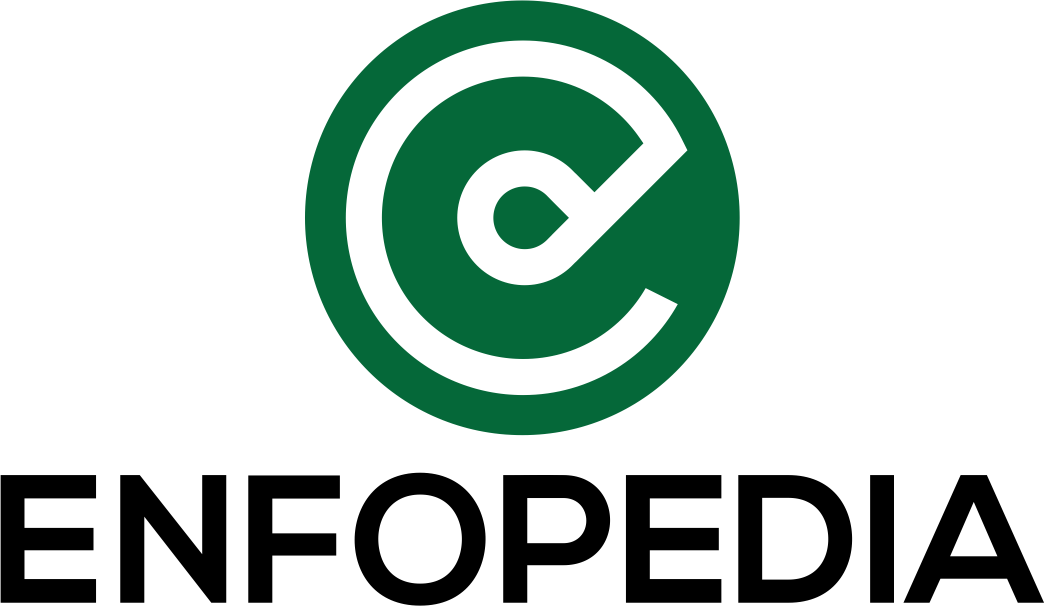4 Essential Documents To Gather Before Meeting Your CPA

Preparing for your meeting with a Tampa Bay area CPA can be stress-free. Begin by organizing the four essential documents that will streamline the process. This preparation ensures you receive the best advice without unnecessary delays. First, gather your income statements. These show your earnings clearly and help your CPA understand your financial situation. Second, collect your tax returns from previous years. These documents provide a historical record of your taxes and assist in planning for future filings. Third, compile any investment records you have. These reveal gains or losses and any possible tax deductions. Finally, bring your business expense receipts. These show potential deductions and credits that could reduce your tax liability. By having these documents ready, you set the stage for a productive meeting, allowing your CPA to focus on helping you, not chasing after paperwork. This preparation saves time and might just save you money too.
Income Statements
Your income statements are the foundation of your financial profile. These include pay stubs, W-2 forms, or 1099 forms if you’re self-employed. Make sure they are recent and cover the entire fiscal year. This documentation gives your CPA a complete picture of your income level and sources. This clarity helps in tax calculations and financial planning. It identifies discrepancies that might be overlooked, ensuring compliance and accuracy.
Tax Returns
Gather copies of your previous years’ tax returns. These records are crucial for your CPA, as they provide a baseline for current-year calculations. They also reveal patterns in your financial activities. This information helps in anticipating potential issues and opportunities. Using these records, your CPA can identify areas for improvement or strategies that can be adapted from past years. The IRS Publication 17 offers guidance on what to keep and why it matters.
Investment Records
Investment records are key to understanding your financial growth and liabilities. Whether it’s stocks, bonds, or real estate, each comes with unique tax implications. These records provide insights into capital gains or losses. Understanding these can lead to strategic decisions and tax advantages. Your CPA evaluates these records to optimize your tax situation and align with your financial goals.
| Document | Purpose |
|---|---|
| Income Statements | Show earnings and help in tax calculations |
| Tax Returns | Provide historical records for planning |
| Investment Records | Reveal gains, losses, and potential deductions |
| Business Expense Receipts | Identify deductions and credits |
Business Expense Receipts
Keep track of every business-related expense receipt. Examples include office supplies, travel, and meals. These receipts are necessary to substantiate your expense claims during audits. They also help maximize deductions and minimize taxable income. This effort might seem minor, but it holds significant potential for savings. More detailed information on business expenses can be found at the IRS Tax Topic 511.
Conclusion
Organizing these documents prepares you for a productive meeting with your CPA. This effort creates a streamlined process that saves time and reduces errors. The benefits extend beyond compliance, offering insights that can enhance your financial strategy. This readiness empowers you to focus on decisions that improve your financial health. By preparing, you build a partnership with your CPA that is informed, efficient, and effective. This approach paves the way for smart financial planning and peace of mind.
